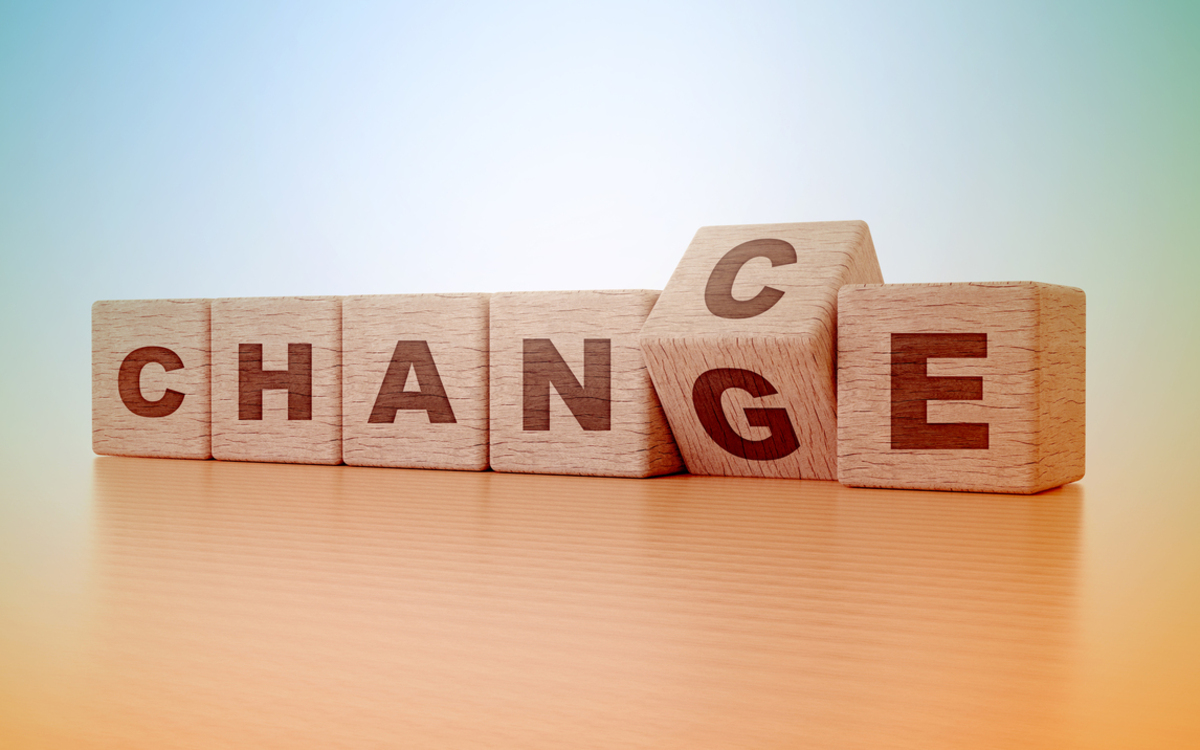Cocaine is a stimulant. This means that the drug is going to make users more alert, talkative, confident, energetic, and sometimes productive as it essentially gives brain-body communication a real boost. Anyone who uses, or has used, caffeine or nicotine will be slightly familiar with the concept, as these two more ubiquitous and socially-acceptable drugs belong to the stimulant family, too. Just as using too much of those can cause some unwanted side effects, cocaine has this potential as well — paranoia, aggression, anxiety, jitteriness, tremors, muscle twitches, and heart palpitations are all possible.

What are the signs of cocaine addiction?
The signs of cocaine addiction are much like those of pretty much any other addiction. Cocaine addiction can, under the fifth edition of the diagnostic and statistical manual of mental disorders (DSM-5), be diagnosed as "stimulant use disorder", but there's nothing unique to differentiate its diagnostic criteria from those used to determine whether a person suffers from any other addiction.
All this is reflected in the diagnostic criteria, and all this can alert you that you or someone else in your life has a problem — not just with cocaine, but with another substance or addictive behavior (like gambling) as well. One final warning sign that problematic use has crossed the threshold into addiction is the appearance of withdrawal symptoms when someone attempts to stop using.
What does cocaine withdrawal look like?
The DSM-5, again, covers cocaine withdrawal under a broader umbrella — "stimulant withdrawal". Listed symptoms include:
- Recently having quit using.
- A "dysphoric mood" — which can mean all sorts of bad things, like physical and mental restlessness, extreme fatigue, insomnia or other sleeping difficulties, nasty nightmares, and increased appetite.
- To be diagnosed with stimulant withdrawal, the distress its symptoms cause needs to be significant and not attributable to other causes.
That's pretty straightforward, but what exactly happens when you stop using cocaine? Withdrawal actually progresses in stages:
- In the first stage, also called a "crash", former users often feel exhausted and sleepy, but also restless, irritated, and have an increased appetite. Perhaps surprisingly, people do not typically crave cocaine at this stage, which shows up hours to days after the last use.
- The second stage is "withdrawal". Former users have a rough time here, experiencing strong cravings as well as being lethargic, not sleeping well, being emotionally vulnerable, irritated, depressed, and anxious. Concentrating is hard. This stage lasts anywhere from one to 10 weeks.
- Users who are still clean after this time enter the third stage, "extinction", during which they will experience some dysphoric feelings as well as cravings that aren't as relentless as those seen in the second stage.
Is it safe to quit cocaine yourself, without medical supervision?
Cocaine withdrawal doesn't have the potential to induce fatal physical complications, as is the case with alcohol and opioid withdrawal. People who want to stop using cocaine do, however, face the risk of depression in the period after they stop using. This can result in suicide. Relapse is another very present risk, and upon returning to cocaine after trying to quit, users may have a higher likelihood of overdosing.
In short, if you are a current cocaine user who is committed to breaking free, seeking medical attention is ideal — and if you're someone with a loved one who's addicted to cocaine, it's best to advise them to seek treatment rather than agreeing to help them get clean at home.
Another factor to be considered is this — the majority of cocaine addicts also use other substances, whether alcohol or different kinds iof drugs. Medical supervision may be required for the safe detox from these other substances.
What treatment is available for cocaine addicts?
Outpatient care is generally as effective as inpatient care, so cocaine addicts do not necessarily need to check into rehab facilities. They can, however, strongly benefit from:
- Therapy, most likely cognitive behavioral therapy. This can be done individually or as group therapy.
- Self-help peer groups, such as 12-step programs.
- Contingency management, wherein recovering addicts get rewards for staying clean (this is also a feature of 12-step programs).
- Where necessary, medications — though no medications are currently approved specifically to make withdrawal easier to go through, some people will benefit from antidepressants.
- Photo courtesy of SteadyHealth
- www.drugabuse.gov/publications/research-reports/cocaine/what-are-short-term-effects-cocaine-use
- adf.org.au/drug-facts/stimulants/
- www1.health.gov.au/internet/publications/publishing.nsf/Content/drugtreat-pubs-modpsy-toc~drugtreat-pubs-modpsy-3~drugtreat-pubs-modpsy-3-7~drugtreat-pubs-modpsy-3-7-cws
- medlineplus.gov/ency/article/000947.htm
- www.drugabuse.gov/publications/research-reports/cocaine/what-treatments-are-effective-cocaine-abusers


Your thoughts on this